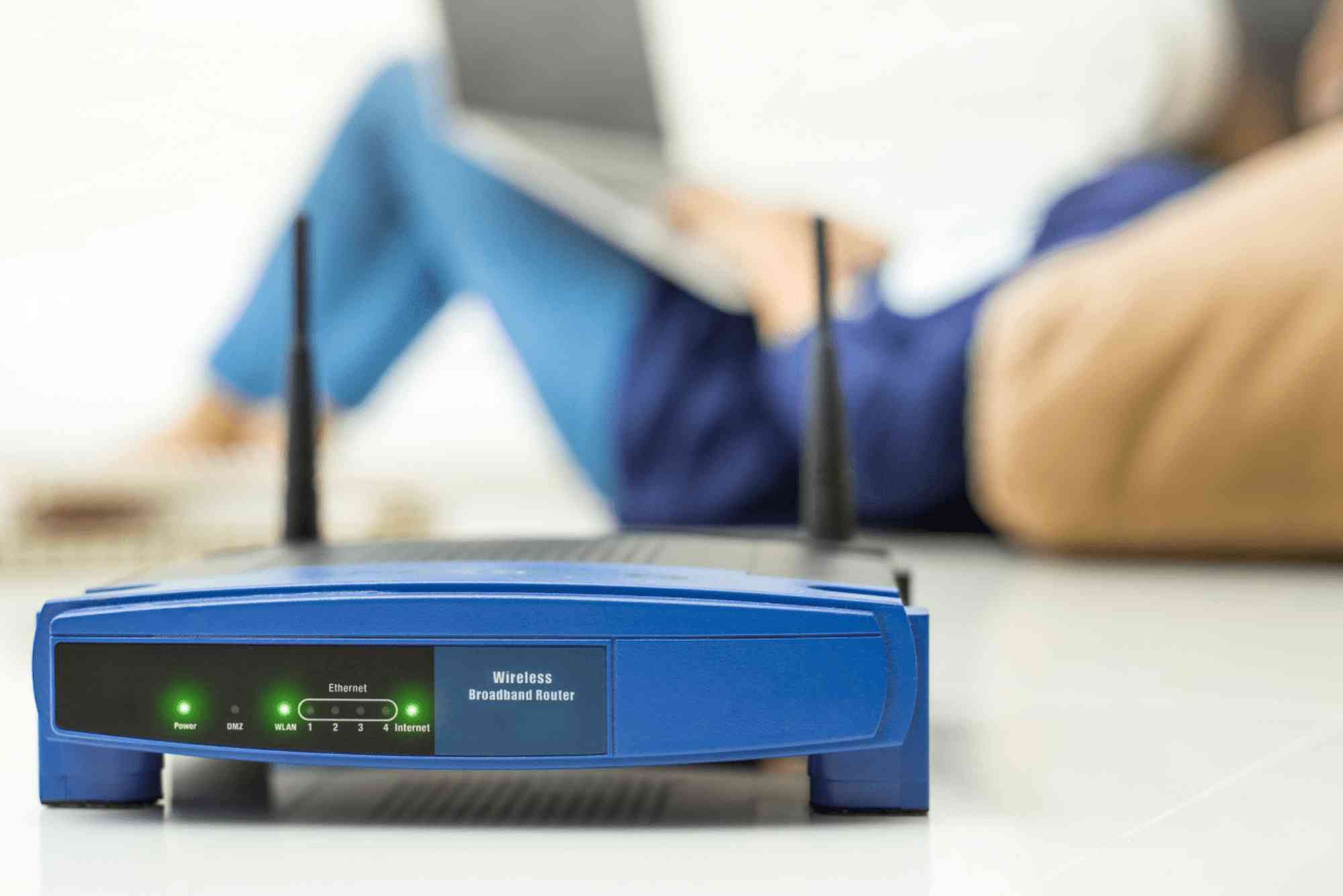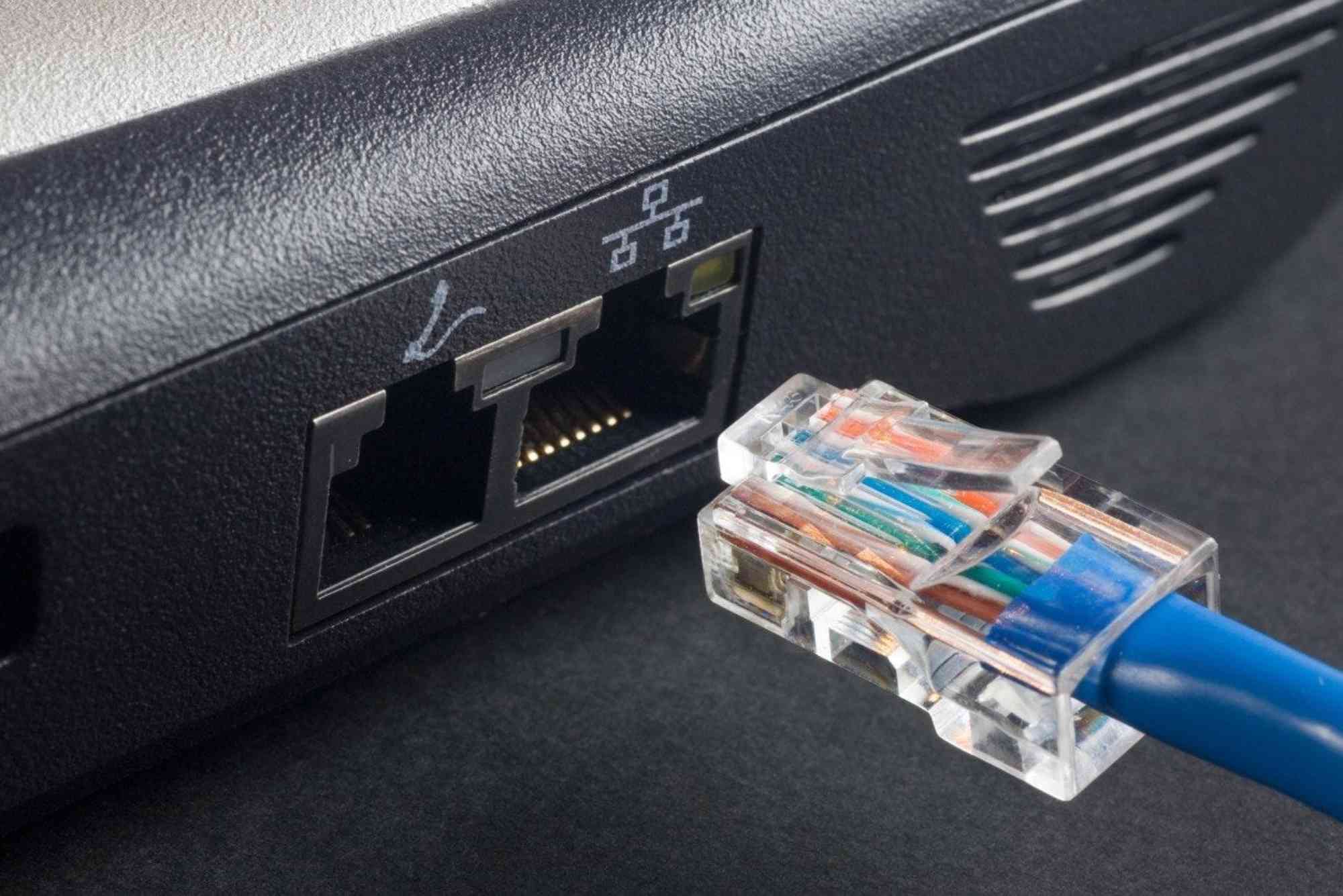Latency Differences Between Wi-Fi Range Extender and Repeater
In today’s digital-first world, speed and stability are crucial for a seamless internet experience. Whether you are working from home, streaming movies, or gaming online, network latency plays a major role. Many people extend their Wi-Fi coverage with devices like extenders or repeaters. But a common question arises: what are the latency differences between these two solutions? Understanding Wi-Fi range extender vs Wi-Fi repeater latency helps you make the right choice for your network performance.
What is Latency in Wi-Fi Networks?
Latency refers to the time it takes for data to travel from your device to the server and back. It is measured in milliseconds (ms). High latency causes buffering, lag during gaming, and slow response times in video calls. Even if your download speed is strong, poor latency can ruin your online experience.
In wireless networks, latency is affected by several factors:
- Signal strength
- Interference from walls or devices
- Distance between devices
- Network congestion
- Device type (extender or repeater)
This is why comparing Wi-Fi range extender vs Wi-Fi repeater latency is important when setting up a reliable home or office network.
How Wi-Fi Range Extenders Work
A Wi-Fi range extender connects to your router and creates a secondary network. It captures the signal from your main router and broadcasts it again to cover dead zones. Extenders often support dual-band or even tri-band technology, which can minimize speed loss.
Since extenders communicate with the router on one channel and with your device on another, they usually reduce latency compared to repeaters. This design allows them to handle traffic more efficiently.
How Wi-Fi Repeaters Work
A Wi-Fi repeater functions differently. Instead of creating a secondary network, it simply repeats the router’s signal on the same frequency. It listens to the router and then broadcasts the signal again. While this improves coverage, it also introduces latency.
Because repeaters use the same channel for both sending and receiving data, they can cause network congestion. This often leads to higher latency, especially during heavy usage like streaming or gaming.
Wi-Fi Range Extender vs Wi-Fi Repeater Latency
When comparing Wi-Fi range extender vs Wi-Fi repeater latency, the difference lies in how they manage data transmission.
Latency in Wi-Fi Extenders
Extenders generally perform better in terms of latency. Modern dual-band extenders reduce delay by dedicating one band to communication with the router and another to devices. This separation means fewer collisions and faster responses. For gaming or video conferencing, this can significantly improve performance.
Latency in Wi-Fi Repeaters
Repeaters, on the other hand, tend to add extra milliseconds to your connection. Because they use the same frequency for both incoming and outgoing signals, packets often wait in line. The result is higher latency, noticeable during online games or high-definition video streaming.
Real-World Example
Imagine you are gaming online. With a Wi-Fi repeater, you may notice delays in character movement because of added latency. With an extender, the response time is smoother, reducing lag. While neither solution is as fast as a direct Ethernet connection, extenders usually offer lower latency overall.
Factors That Influence Latency in Extenders and Repeaters
Several external and internal factors impact how much latency is introduced:
Distance from Router
The further an extender or repeater is from the router, the weaker the signal. Weak signals naturally increase latency.
Device Placement
Placing an extender midway between the router and dead zones minimizes latency. For repeaters, placement closer to the router often reduces signal delay.
Bandwidth and Frequency
Extenders that support 5GHz bands tend to reduce latency compared to single-band repeaters that only use 2.4GHz.
Network Load
Heavy traffic on multiple devices increases congestion. Extenders with advanced MU-MIMO technology handle simultaneous connections better, resulting in lower latency.
Hardware Quality
A high-quality extender often outperforms a budget repeater in latency tests. Choosing reliable brands ensures smoother performance.
Pros and Cons of Extenders vs Repeaters in Latency
Advantages of Wi-Fi Extenders
- Lower latency due to dual-band support
- Better for gaming and streaming
- Creates a dedicated secondary network
- Handles multiple devices efficiently
Drawbacks of Wi-Fi Extenders
- More expensive than repeaters
- Setup can be more complex
- Secondary network may require manual switching
Advantages of Wi-Fi Repeaters
- Cheaper option for extending coverage
- Simple plug-and-play installation
- Works well for light browsing
Drawbacks of Wi-Fi Repeaters
- Higher latency due to single-channel operation
- Reduced speed and increased lag in gaming
- Struggles with multiple device connections
Practical Tips to Reduce Latency
If you already use an extender or repeater, you can still improve latency with a few adjustments:
- Place the device halfway between your router and coverage area.
- Use 5GHz over 2.4GHz whenever possible.
- Limit the number of connected devices.
- Keep firmware updated for performance improvements.
- Consider wired backhaul options if available.
For households with high demands, extenders typically provide a more reliable low-latency experience compared to repeaters.
FAQs on Wi-Fi Extender vs Wi-Fi Repeater Latency
Does a Wi-Fi repeater increase latency?
Yes, a Wi-Fi repeater usually increases latency because it uses the same frequency for receiving and transmitting signals.
Is a Wi-Fi extender better for gaming than a repeater?
Yes, extenders with dual-band or tri-band technology reduce latency, making them better suited for gaming.
Why is my Wi-Fi extender causing high latency?
Poor placement, interference, or outdated firmware can cause higher latency in Wi-Fi extenders.
Do extenders reduce ping in online games?
They can reduce ping compared to repeaters but will not match the stability of a wired connection.
Which is better for video calls, extender or repeater?
Extenders generally perform better for video calls due to their ability to manage latency more effectively.
When comparing Wi-Fi range extender vs Wi-Fi repeater latency, extenders come out ahead in most scenarios. They handle data more efficiently, support dual-band connections, and reduce lag for demanding tasks like gaming and video calls. Repeaters, while affordable and simple, often add noticeable latency that affects performance.
If you want a smooth internet experience with minimal delays, a Wi-Fi range extender is the smarter choice. For professional support and reliable internet services, consider exploring Dhanote Internet Services. With the right setup, you can enjoy fast, low-latency connectivity across your home or office.







